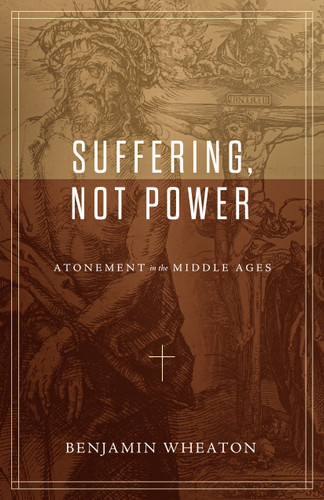Overview
Was Christ's death a victory over death or a substitution for sin? Many today follow Gustav Aulén's Christus Victor view, which portrays Christ's death as primarily a ransom paid to the powers of evil and which, according to Aulén, reflected the beliefs of the early church. Aulén held that this "ransom theory" view dominated until Anselm reframed atonement as satisfaction and the Reformers reframed it as penal substitution.
In Suffering, Not Power, Benjamin Wheaton challenges this common narrative that Christ's work of atonement was reframed by Anselm, showing that sacrificial and substitutionary language was common well before Anselm's Cur Deus Homo. Wheaton displays this through a careful analysis of three medieval theologians whose writings on the atonement are commonly overlooked: Caesarius of Arles, Haimo of Auxerre, and Dante Alighieri. These figures come from different times and contexts and wrote in different genres, but each spoke of Christ's death as a sacrifice of expiation and propitiation made by God to God.
Let history speak for itself, read the evidence, and reconsider the church's belief in Christ's substitutionary death for sinners.
This book title, Suffering, not Power (Atonement in the Middle Ages), ISBN: 9781683595991, by Benjamin Wheaton, published by Lexham Press (June 8, 2022) is available in paperback. Our minimum order quantity is 25 copies. All standard bulk book orders ship FREE in the continental USA and delivered in 4-10 business days.
Unlike Amazon and other retailers who may also offer Suffering, not Power (Atonement in the Middle Ages) books on their website, we specialize in large quantities and provide personal service, from trusted, experienced, friendly people in Portland, Oregon. We offer a Price Match Guarantee, and QuickQuote form, to make purchasing quick and easy.
Prefer to work with a human being when you order Suffering, not Power (Atonement in the Middle Ages) books in bulk? Our Book Specialists are standing by Monday-Friday 8-5 PST, ready to help!

